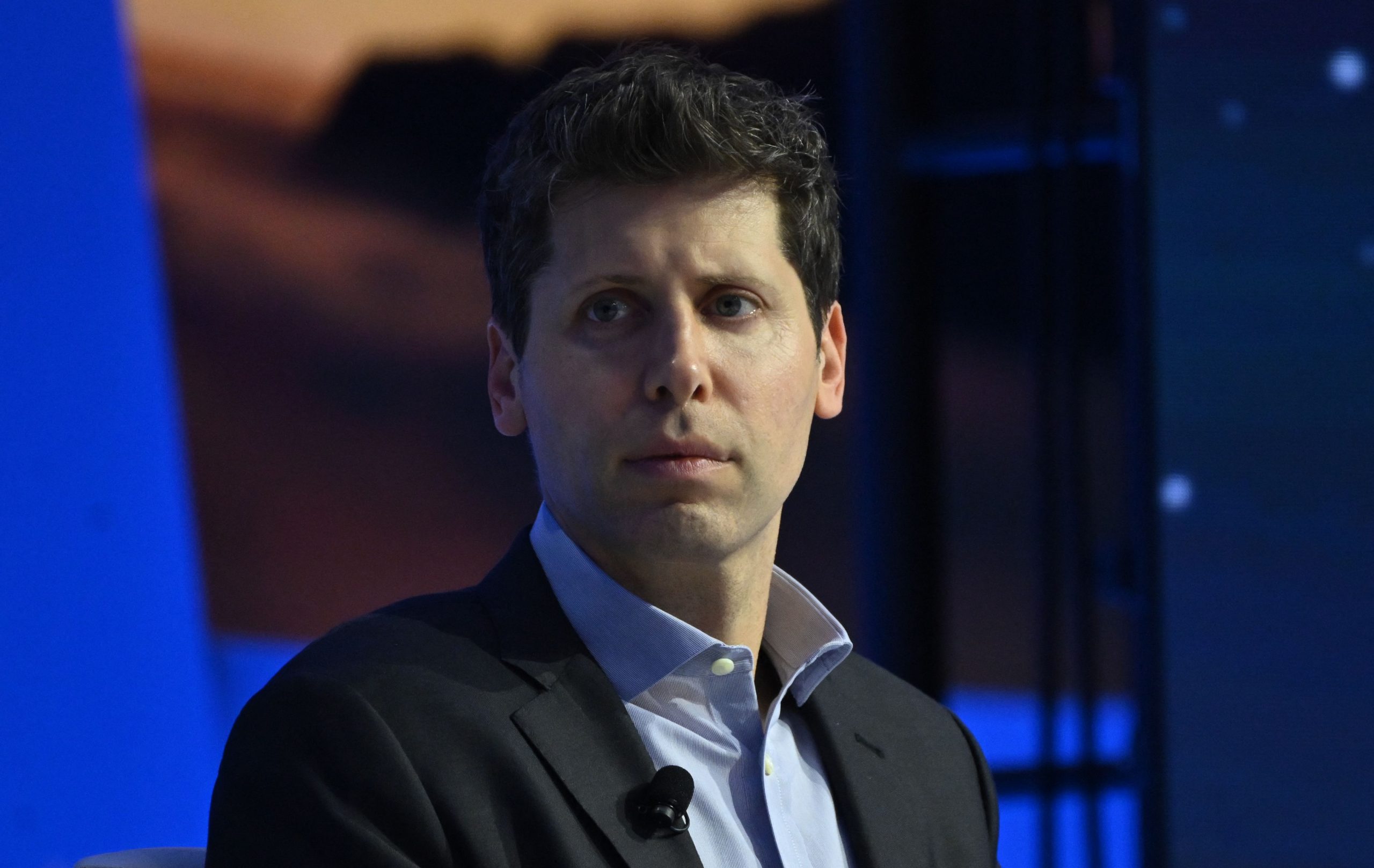OpenAI, the company behind ChatGPT, has announced that CEO and co-founder Sam Altman will immediately leave his role leading the company and step down from its board of directors.
Altman was not “consistently candid in his communications with the board, hindering its ability to exercise its responsibilities,” leading to the board losing confidence in his ability to lead the company, according to the announcement in a blog post on Nov. 17.
[time-brightcove not-tgx=”true”]
Mira Murati, OpenAI’s chief technology officer, will serve as interim CEO, the company said in the blog post. The company also announced that Greg Brockman, another OpenAI co-founder and president, would step down from his role as chairman of the board, although he would remain in his role as president, reporting to Murati.
The sudden departure comes as a shock to the tech world. Altman was an OpenAI founding co-chair in 2015 along with Elon Musk. Since then, Altman has been the public face of the company, speaking at congressional hearings and conferences, and playing a starring role at the company’s inaugural Developer Day conference last week.
Without Altman and Brockman, OpenAI’s board comprises chief scientist Ilya Sutskever and three independent directors: tech entrepreneur Tasha McCauley, Quora CEO Adam D’Angelo, and Helen Toner, director of strategy and foundational research grants at think tank the Center for Security and Emerging Technology.
A board statement accompanying the announcement said: “OpenAI was deliberately structured to advance our mission: to ensure that artificial general intelligence benefits all humanity. The board remains fully committed to serving this mission. We are grateful for Sam’s many contributions to the founding and growth of OpenAI. At the same time, we believe new leadership is necessary as we move forward. As the leader of the company’s research, product, and safety functions, Mira is exceptionally qualified to step into the role of interim CEO. We have the utmost confidence in her ability to lead OpenAI during this transition period.”

